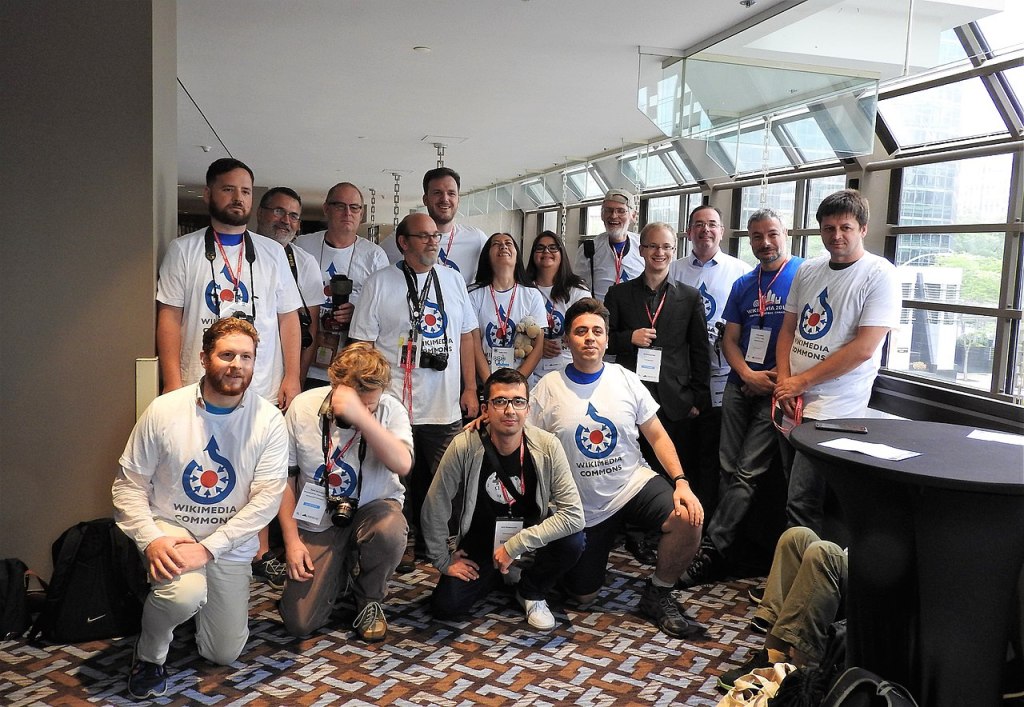
As part of the ongoing Universal Code of Conduct (UCoC) enforcement conversations, the Wikimedia Foundation reached out to a number of communities to hear their thoughts on potential enforcement mechanisms for the global policy. As a part of the team, I had the chance to interact closely with the Wikimedia Commons community on the subject.
Wikimedia Commons is incredibly unique compared to other Wikimedia projects. It is a free media repository where the contents are not articles like Wikipedia, but most media files like images and videos. It not only gathers free media for the whole world to use but also plays a pivotal role in increasing the content quality of other Wikimedia projects by adding valuable images and videos to their content.
The community consultation started on 18 January 2021 and continued till 28 February 2021. During the consultation, we learned not only about participants’ valued opinion on UCoC code and its enforcement possibility and challenges, but also the project’s long-standing issues. Here, I would like to point out two interesting UCoC enforcement challenges that make Commons exceptional from others.
Individualistic contribution is a special characteristic of the project. Most contributors on Commons take pictures or record videos by themselves and then upload them on the website. The whole process requires little to no interaction with other users. This is unique to Commons, because in most projects, people work collaboratively to develop the contents and get familiar with project policies and guidelines relatively quickly while doing so.
This lack of interaction leaves many users vulnerable to get harassed. Public pages are not always suitable nor preferred to seek help in case of misbehavior or harassment. Like other projects, Commons also has no private reporting system. With no known one to seek help and guidance, and no place to report privately, a target of harassment feels exhausted and defenseless. Therefore, during the consultation, we witnessed considerable support to have some form of a peer support group for safeguarding the vulnerable, and a private reporting system to safely ask for remedies.
Wikimedia Commons was one of the two multilingual projects approached for community input on UCoC enforcement. Many Commons users (and administrators) regularly contribute to other Wikimedia projects.
Multilingual and multicultural user base has brought valuable knowledge and skills to the project that helps its governance. Commons has an effective enforcement mechanism. However, during the consultation, we found out that it lacks many necessary behavioral policies which make decision-making difficult, even to administrators. Many potential behavioral policies have the official status of an ‘essay’, therefore cannot be enforced strictly. The community has mixed opinions regarding required ratified policies. While many hold the opinion that not having ratified policies delays and, in some cases, prevents enforcement; some believe common sense can be applied to avoid the unnecessary bureaucracy that is present in other projects of similar sizes of Commons. It is worth noting that the Commons took an initiative to set up an arbitration policy to resolve user disputes back in 2007 which was eventually rejected in 2011 due to insufficient community interest.
As most Commons contributors maintain at least one other project as their home project, some of them get targeted for harassment for their activities in other projects. Although hounding is nothing new to the Wikimedia movement, this was one of the most raised harassment mentioned during the consultation. The project has a de facto policy not to consider the wrongdoing or user status of someone on another project. However, this does not prevent such harassment. Revenge tagging each other’s files is one of the most common acts of such harassment which the administrators deal with often. The disputes originating from other projects also burden active administrator’s workload and cause burnout.
Although mostly individualistic, the many contributors express the friendliness of the project in a collaborative manner by offering help with image editing, illustrations creations, organizing photowalks and contests, and so on. This level of collaboration is increasing day by day. There is also an affiliated user group to boost such initiatives among Commons users. It is my understanding that despite all the concerns, many consultation participants are hopeful that the UCoC initiative will actually bring some positive impacts to safeguard the vulnerable and make the stay pleasant for everyone.

Can you help us translate this article?
In order for this article to reach as many people as possible we would like your help. Can you translate this article to get the message out?
Start translation